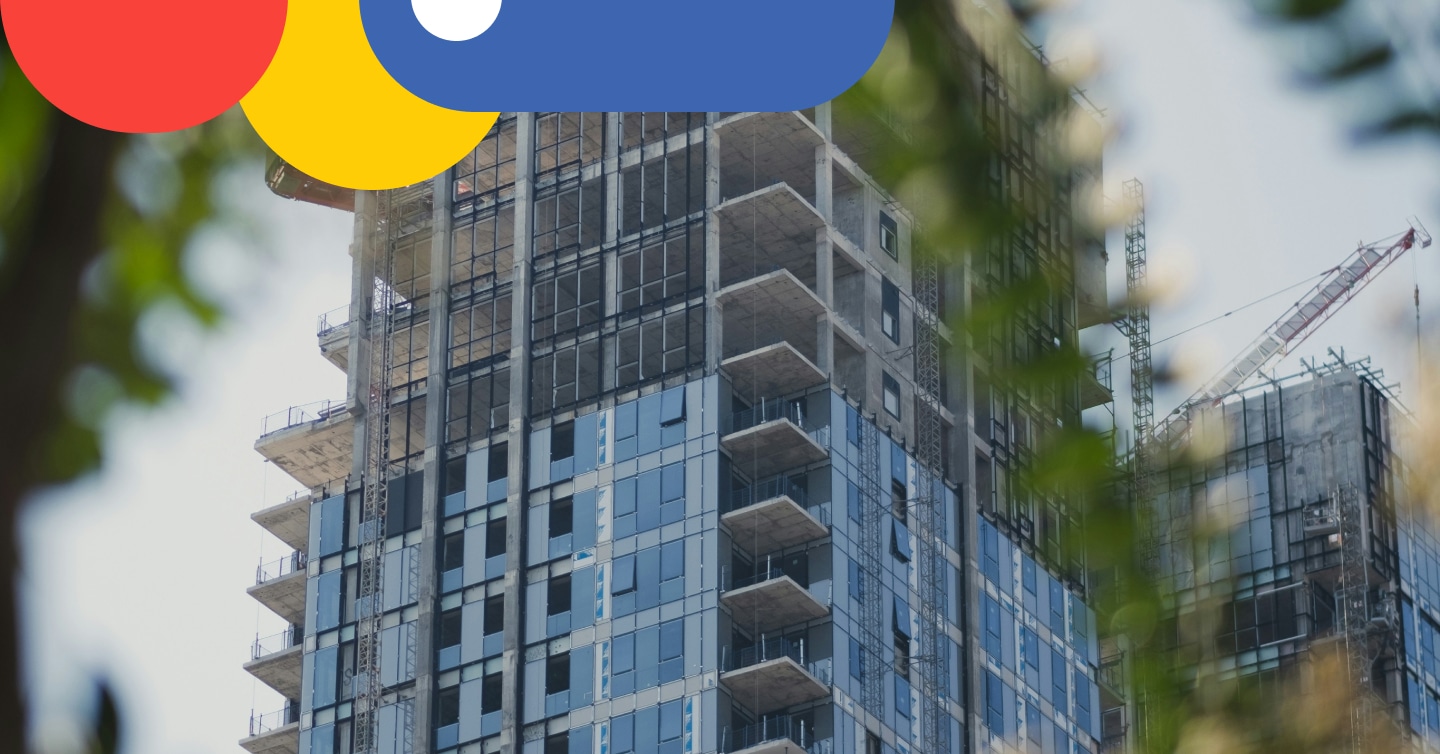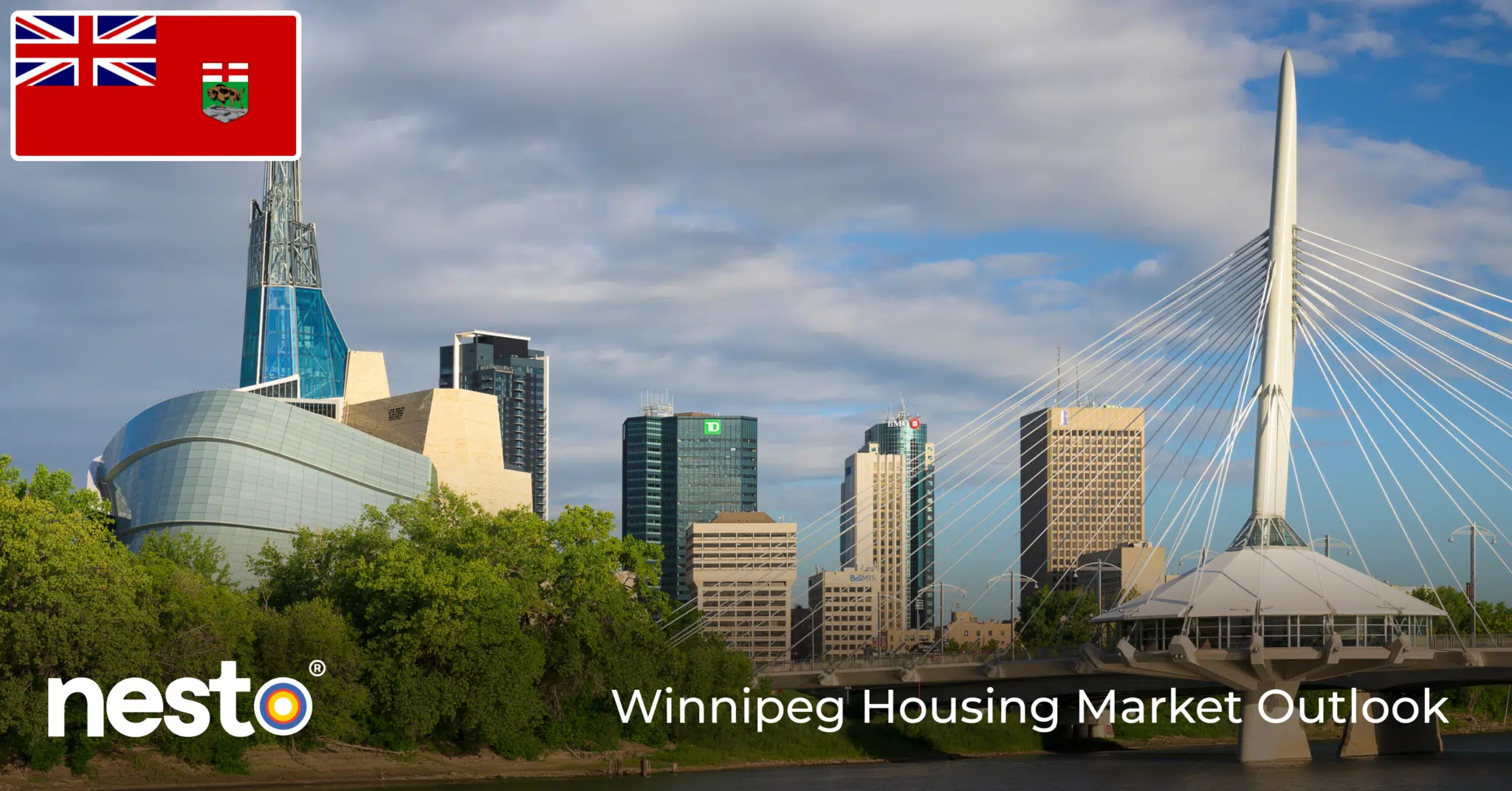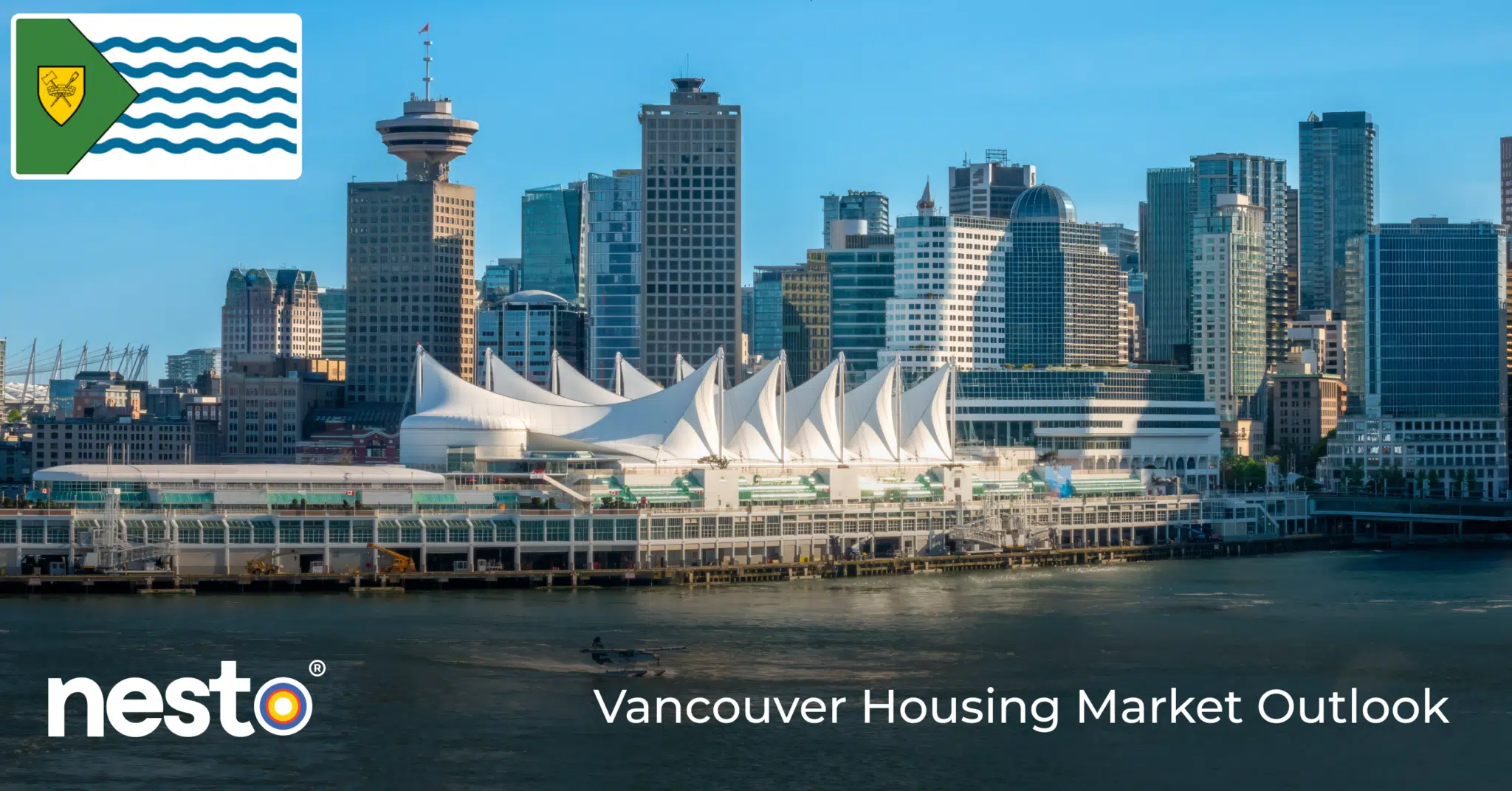Costs Associated With Preconstruction Homes

Buying a preconstruction home in Canada can be a great way to get ahead in the housing market. Locking in today’s price with the promise of a brand new property years down the road can be a smart move, giving you more time to save before moving in. But the advertised purchase price doesn’t tell the whole story.
From deposits and interim occupancy fees, preconstruction comes with layers of extra costs that often take buyers by surprise and add tens of thousands of dollars to the final cost of a preconstruction home. Whether you’re considering a condo, townhouse, or detached home, being clear on the total preconstruction costs and when they come due ensures your mortgage, expectations, and budget align.
Key Takeaways
- Preconstruction buyers face additional costs, including occupancy fees, development charges, GST/HST, and other adjustments.
- Market value declines or rising interest rates can create financial risks at closing.
- Building a savings buffer and planning can help you avoid costly surprises and close on time.
Understanding the Costs of Preconstruction Homes
When buying a resale property, most costs are tied to the purchase price and standard closing expenses, such as legal fees and land transfer taxes. Preconstruction properties work differently. Buyers commit to a newly built home through a staggered purchase plan which spans months or years, well before the home even exists. That means deposits are collected in instalments, city development charges are added later, and some buyers even pay occupancy fees on preconstruction condos before the building is officially completed and registered as a real property.
These additional costs can come as a surprise if you only focus on the base price the builder advertises. For example, a $700,000 preconstruction condo purchase might seem straightforward until you realize deposits could total $140,000 before financing, and closing costs may add another $30,000 or more. That’s why understanding each category of expense is essential before signing an agreement to purchase a preconstruction property.
Deposit Structure
Developers often require higher deposits on preconstruction homes than on resale transactions. Instead of a 5% minimum down payment, you may face a schedule totalling 20% spread across specific dates or construction milestones. This deposit structure is meant to secure your unit and provide the builder with financing support during construction.
For instance, you might pay 5% on signing, another 5% at 90 days, 5% at 180 days, and the remaining 5% at occupancy. Homebuyers who are unprepared can struggle to meet these payment deadlines, especially since they arrive before a mortgage is advanced. Unlike a resale home purchase, where your down payment, less your deposit when your offer is accepted, is due all at once on the closing date, a preconstruction deposit schedule demands that you have liquid savings available to meet each deadline.
Interim Occupancy Fees
Condo buyers often encounter a unique cost known as an interim occupancy fee. To reduce their carrying costs, developers allow buyers to move in as soon as their individual unit is finished; you may be asked to take possession before the rest of the building is complete. At this stage, the condo corporation hasn’t yet been formally registered with the municipality, which means legal ownership of your unit remains with the developer. Until registration takes place, you’re essentially living in the home but not yet its official owner.
Interim occupancy fees cover the period between taking possession of your unit and when the building is fully completed and registered, allowing you to take legal ownership of your unit. You’ll move in and pay monthly occupancy fees to the builder, typically covering estimated property taxes, projected condo maintenance fees, and interest on the balance of the purchase price until final closing, when your mortgage will begin.
Depending on construction timelines and registration delays, buyers can remain in this stage for several months or even a year or more, paying what may amount to the same as rent or a mortgage without the benefit of mortgage principal repayments. That’s why it’s crucial to budget for occupancy costs in advance and recognize that while interim occupancy provides early access to your home, it comes with temporary carrying costs that won’t reduce your mortgage.
Development Charges
Development charges are fees municipalities collect from developers when building permits are issued. These charges are designed to help fund the public infrastructure needed to support new growth, such as roads, transit, sidewalks, water and sewer systems, emergency services, schools, parks, and community centres.
Municipal development charges ensure that new developments contribute to the costs of building and maintaining the services that residents will rely on once the community is occupied. While billed to the developer, the cost is passed on to buyers and becomes due at closing. You’ll see these fees outlined on your Statement of Adjustments, which details all final costs owed at closing.
Builder Adjustments
Every new build includes an adjustments section in the Agreement of Purchase and Sale, but they don’t always list exact amounts in advance. Some builders agree to cap the adjustments, while others leave them open-ended, which can leave buyers facing unexpected costs on closing day.
Whether you’re purchasing a newly built condo or a freehold home, builder adjustments can add thousands to your final closing costs. These miscellaneous charges are itemized on the Statement of Adjustments and may include:
- Development charges and levies
- Utility meter installation and hookups for hydro, gas, and water connections
- Landscaping and tree-planting levies to meet municipal standards
- Warranty enrolment fees through Tarion in Ontario (or equivalent programs in other provinces) that protect against defects in new homes
- Estimated annual property taxes
The final numbers are not always clear upfront, making builder adjustments one of the most unpredictable elements of buying preconstruction. Reviewing the fine print with a real estate lawyer and enquiring whether adjustments are capped is one of the best ways to protect you from surprise costs at closing.
We’re curious…
Are you a first-time buyer?
Legal Fees, Title Insurance, and Tax Considerations
Buying a preconstruction property involves lengthy builder agreements that differ significantly from those in resale transactions. Builders often include clauses covering delays, design changes, and fee adjustments, all of which can impact your final costs. Having a real estate lawyer review these agreements can help protect you from the unexpected.
Title insurance is another critical expense. It safeguards against ownership disputes, fraud, or problems with property boundaries. For most buyers, whether purchasing a resale or preconstruction property, it is a worthwhile investment compared to the financial security it provides.
All new builds are subject to GST (Goods and Services Tax), HST (Harmonized Sales Tax), or QST (Québec Sales Tax), depending on the province, though rebates are available. Some builders apply for the rebate on your behalf, while others require you to pay the full GST/HST upfront and recover the rebate later. If you have to cover sales taxes, it makes a significant difference in how much you need at closing.
Land Transfer Tax
Land transfer tax (LTT) is unavoidable in most provinces and is one of the closing costs that must be considered when purchasing any type of home. Depending on the province or territory where your property is located, the amount is typically calculated as a percentage of the purchase price. In some provinces, it is also calculated based on the mortgage amount.
Buyers in some municipalities, like Toronto, face an additional municipal LTT of roughly the same amount, doubling the tax burden. Fortunately, land transfer tax rebates are available in some provinces and municipalities for first-time buyers, which can soften the impact.
Planning for the Financial Risks of Preconstruction
Buying preconstruction comes with unique financial challenges because you’re committing to a home that may not be ready for several years. During that time, a lot can change in the housing market, interest rates, and even your own financial situation.
On top of market uncertainty, you’ll need to plan for the deposits as they come due, interim occupancy fees (for condos), and closing adjustment costs, all before your mortgage officially begins. To prepare, it’s vital to build an emergency buffer that accounts for these uncertainties, as even a small shift in any of these areas can add thousands of dollars to your final costs.
Property Values
A preconstruction purchase guarantees the price you pay the developer, but it does not guarantee what the market value of your home will be when it’s complete. If property values rise, you benefit from appreciation, gaining equity before you move in. If values decline, you must still close, even if the home is now worth less than you paid. This market risk makes careful budgeting essential, as you may be required to bridge the gap by paying the difference between the purchase price and the market value in cash to complete your home purchase.
For example, if you agree to buy a condo for $700,000 with a 20% deposit structure and the market value at completion has dropped to $600,000, your lender may base its mortgage financing on the lower appraised value. In that case, you would need to cover the shortfall to close the deal.
At an 80% loan-to-value (LTV) ratio on the $600,000 value, the lender will only finance $480,000. Combined with your original deposit of $140,000 (20% of $700,000), that leaves you $80,000 short of the $700,000 purchase price. To close the deal, you’ll need to come up with $80,000 in additional funds.
Interest Rates
Since mortgage pre-approvals usually expire after 120 to 150 days, you won’t be able to lock in today’s rates. That means you’re exposed to potential interest rate risks, which could affect your affordability and monthly payments. If interest rates rise before your closing date, the monthly payments on your mortgage could be significantly higher than what you expected when you first signed the agreement.
Even a 1% increase in rates on a mortgage can raise your monthly payment by several hundred dollars. That may affect your affordability and, in some cases, your ability to qualify under Canada’s mortgage stress test rules. The stress test requires buyers to qualify at the higher of 5.25% or their contract rate plus 2%, which means rising rates can quickly shrink the size of the mortgage amount you’re eligible for.
Frequently Asked Questions
How much deposit is required for a preconstruction condo in Canada?
Most developers require a 20% deposit of the purchase price, typically split into installments over time and structured in 5% increments.
Do I have to pay GST/HST on a preconstruction home?
Yes, all new builds in Canada are subject to GST/HST depending on the province or territory. Rebates are available, but rules vary by province.
Can I include development charges in my mortgage?
Development charges cannot be included in your mortgage and must be paid in full at closing as part of your closing costs.
Final Thoughts
Buying a preconstruction home can be a great way to secure a new property and lock in a price today, but the costs beyond the purchase price often catch buyers off guard. Purchasing a preconstruction property comes with unique financial risks that resale buyers typically don’t face. From deposit structures to interim occupancy fees and fluctuating property values, these costs can add up quickly and derail your closing if you don’t have a financial buffer.
Working with a mortgage expert gives you the advantage of preparing for different scenarios, structuring your financing with flexibility, and ensuring you’re ready for closing day no matter what the market looks like. A nesto mortgage expert can guide you through these complexities and help you build a mortgage strategy that balances today’s goals with tomorrow’s uncertainties.
Why Choose nesto
At nesto, our commission-free mortgage experts, certified in multiple provinces, provide exceptional advice and service that exceeds industry standards. Our mortgage experts are salaried employees who provide impartial guidance on mortgage options tailored to your needs and are evaluated based on client satisfaction and the quality of their advice. nesto aims to transform the mortgage industry by providing honest advice and competitive rates through a 100% digital, transparent, and seamless process.
nesto is on a mission to offer a positive, empowering and transparent property financing experience – simplified from start to finish.
Contact our licensed and knowledgeable mortgage experts to find your best mortgage rate in Canada.
Ready to get started?
In just a few clicks, you can see our current rates. Then apply for your mortgage online in minutes!



